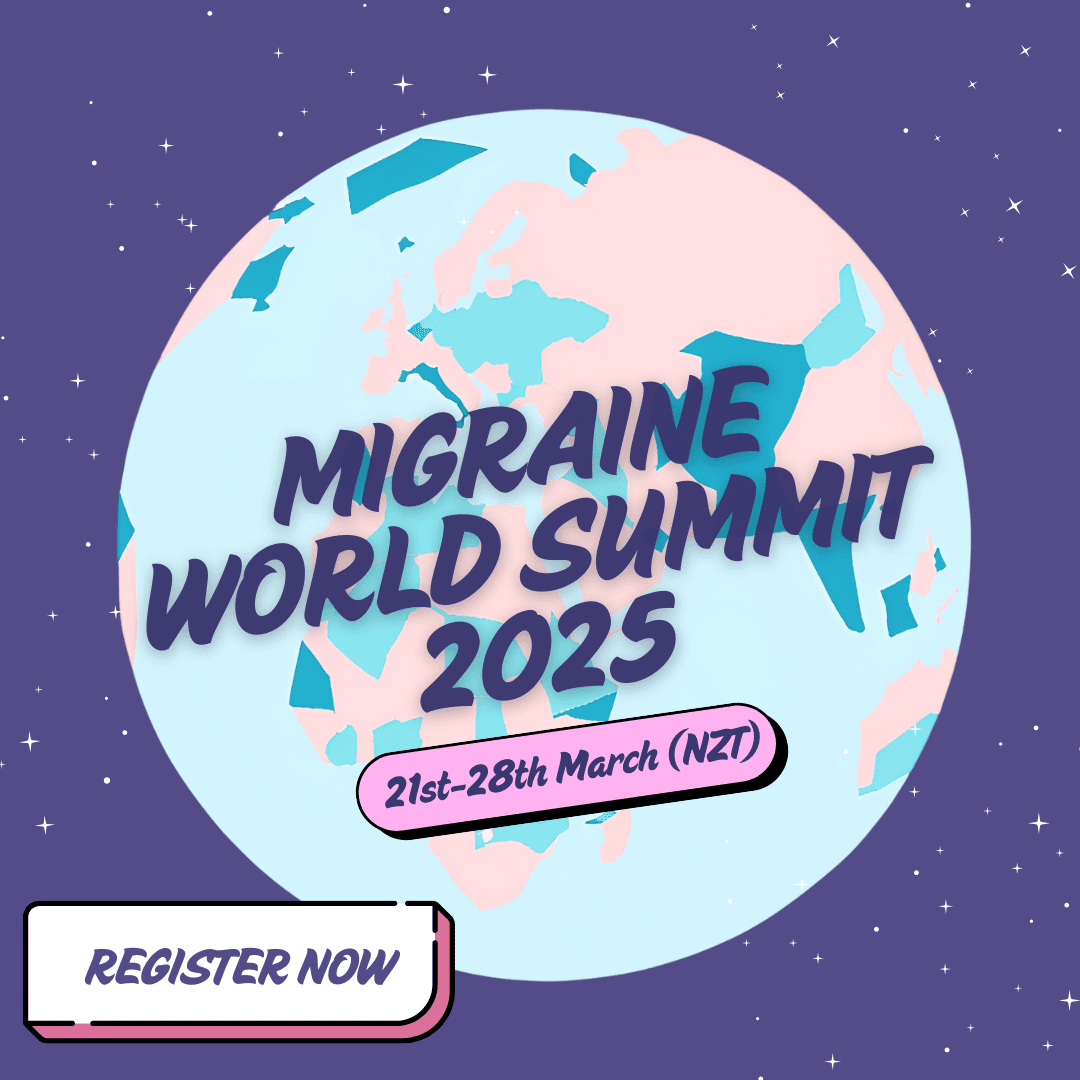It’s the first day of the Migraine World Summit – we’ve listened to two of the interviews available free to watch today. Check out the highlights below and sign up to listen to these and more over the coming week.
The latest insights on CGRP-targeted medications in migraine treatment (Dr Amaal Starling)
This interview gives an overview of calcitonin gene-related peptide (CGRP) and the medications that target CGRP for prevention of migraine and treatment of migraine attacks.
Some points of interest from the clinical trials, real-world and clinical experience from using these medications:
- If someone doesn’t respond to one anti-CGRP medication, they may still find a different one may work for them.
- Anti-CGRP medications have been found to reduce non-headache symptoms of migraine.
- Dr Starling has advice for people who are taking an anti-CGRP medication when this initially works well, but then they experience an increase in migraine attacks. She reminds us that migraine disease fluctuates over time and an increase in attacks may not be because the medication has stopped working but due to other factors. She suggests reviewing the history, checking for any other contributing factors like hormonal changes in women, other medication changes, other comorbidities – and would layer on other treatments rather than stopping or switching from a treatment that has been working well.
Managing the unique challenges of vertigo and vestibular migraine (Dr Shin Beth)
This interview reviews vestibular migraine, latest treatment options and also discusses other causes of vertigo such as benign paroxysmal positional vertigo, persistent postural-perceptual dizziness, Meniere’s disease and concussion.
- Vertigo is a sensation of motion like spinning, swimming, falling, tilting. During vestibular migraine, symptoms also include headache and other migraine symptoms, including many different types of altered sensation, some of which can be very unusual.
- Many of the medications that work for migraine also work for vestibular migraine (including emerging evidence for Botox and anti-CGRP medications). There are fewer trials of treatments for vestibular migraine because of difficulties in measuring and quantifying changes in vestibular symptoms, especially when many people with vestibular migraine have residual symptoms even in between attacks.
- Vestibular physical therapy can help with desensitisation of the vestibular and balance systems to reduce these residual symptoms.
- Dietary recommendations include to limit caffeine to no more than one a day, limit alcohol, added sugar and salt and processed food. Some vitamins and supplements that are used for migraine may also be helpful for vestibular migraine also.
Other interviews available today:
- Migraine relief through gut health: science and solutions (Dr Wade Cooper)
- Paula’s migraine journey, secrets and next steps (Paula Dumas)
There’s still time to register to watch the summit. Join using our affiliate link
When you register using our link, if you decide to purchase an access pass during or after the event (giving you access to watch the videos outside of the free, 24 hour window) we receive a percentage of the sale price. But don’t worry, you can still watch the Migraine World Summit for free using this link as well.


